We may earn money or products from the companies mentioned in this post. This means if you click on the link and purchase the item, I will receive a small commission at no extra cost to you ... you're just helping re-supply our family's travel fund.

Travel has changed dramatically over the past two decades, shaped by digital tools, cultural awareness, and shifting expectations around privacy and space. What once felt polite or normal often lands differently among younger travelers who value efficiency and low-impact behavior. As global tourism rises past 1.3 billion annual travelers, certain long-standing habits now appear dated, disruptive, or unintentionally rude.
1. Speaking Loudly or Using Speakerphone in Public Areas
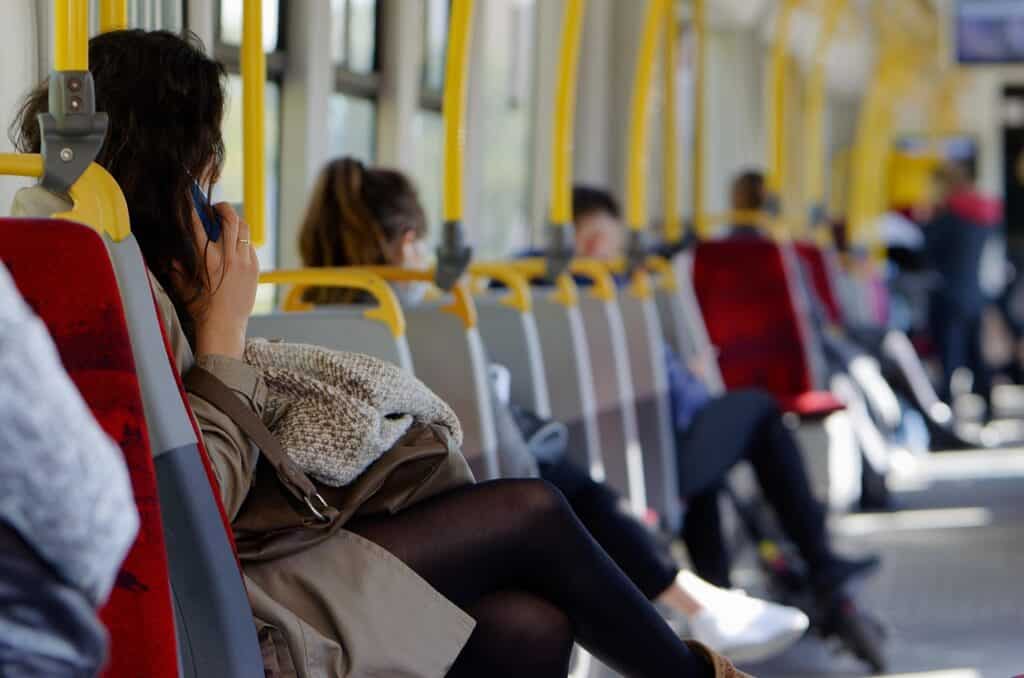
Many boomers still take calls on speakerphones or speak at full volume in terminals or lounges, unaware that nearly 72% of travelers prefer quiet zones. With airports handling over 4.7 billion passengers yearly, noise etiquette has become essential. Even casual conversations feel intrusive when everyone is sharing tight spaces. Modern norms favor short, discreet calls that respect others who may be resting, working, or coping with long travel hours.
2. Refusing Digital Check-Ins and Slowing Queues
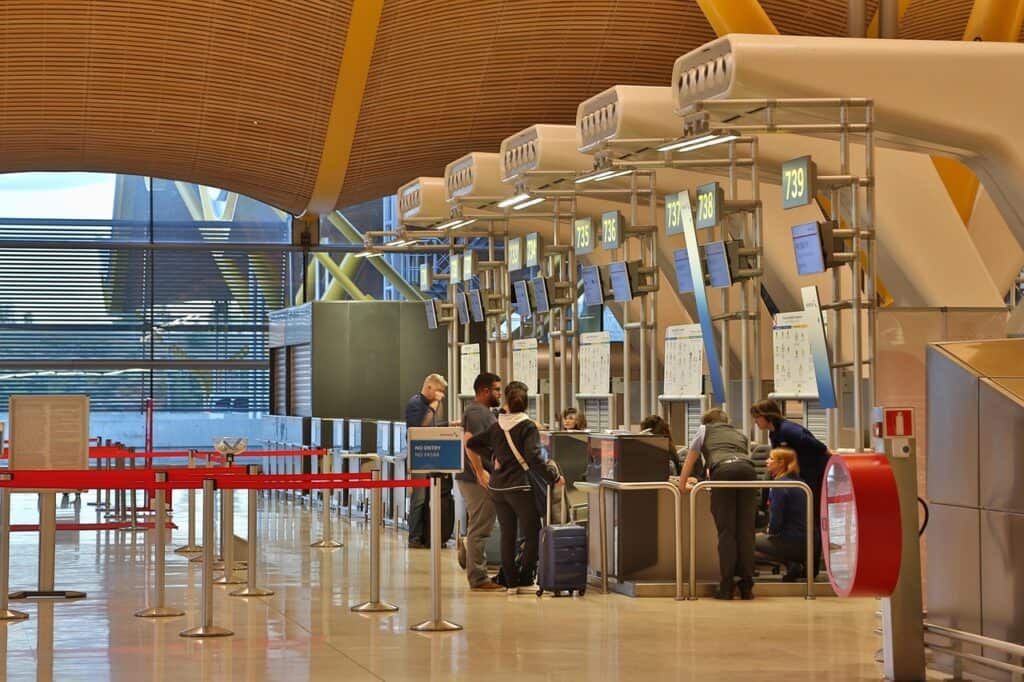
Although digital check-in adoption now exceeds 85% globally, some boomers still prefer in-person desk interactions, even during peak travel hours. While this preference is understandable, it can slow down lines designed for quick processing. Airlines manage millions of passengers daily, and delays of even 10–20 seconds per person accumulate quickly. Modern etiquette encourages using kiosks or apps whenever possible, especially in crowded or time-sensitive situations.
3. Calling Hotel Staff for Small or Avoidable Requests
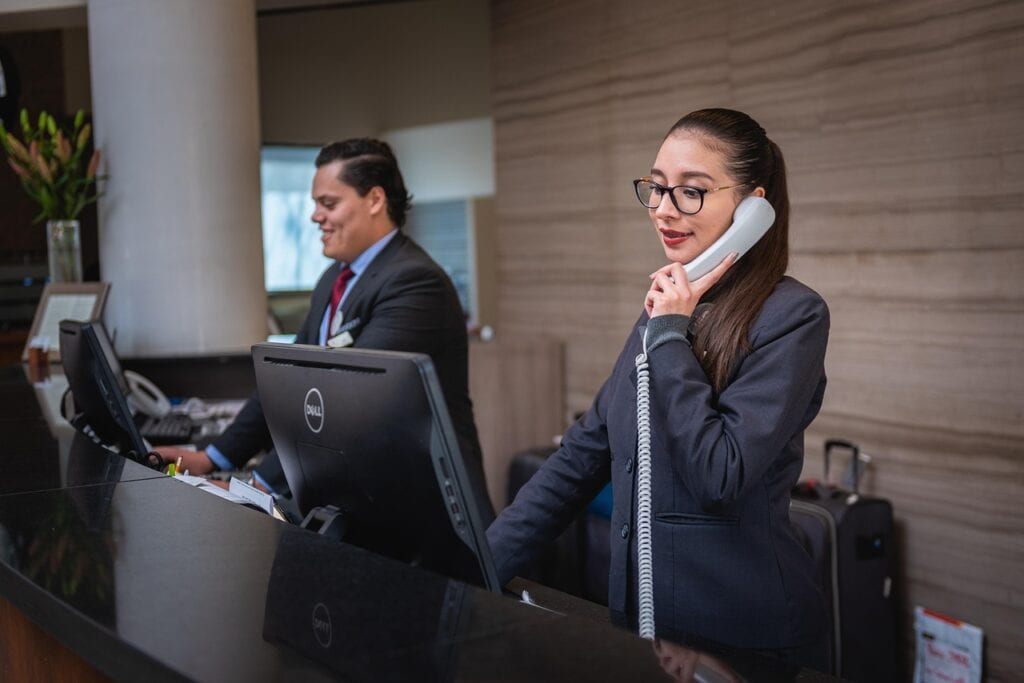
Hotels today operate with reduced staff levels, some properties down 30% fewer employees than a decade ago making unnecessary requests feel burdensome. Asking for help adjusting blinds, locating information easily available online, or handling minor room quirks can strain already stretched teams. While assistance is part of hospitality, travelers are encouraged to resolve simple issues independently. This shift helps staff prioritize genuine guest needs in increasingly fast-paced environments.
4. Giving Unsolicited Travel Tips to Strangers

Boomers often enjoy offering advice, stemming from decades of travel experience, but surveys show 64% of millennials and Gen Z dislike unsolicited recommendations. Many prefer curated digital guides or personal research over spontaneous direction from strangers. Even well-meaning suggestions can come across as intrusive when people are focused on their own plans. Modern etiquette emphasizes reading social cues and sharing advice only when explicitly asked.
5. Bringing Oversized Carry-Ons and Delaying Boarding
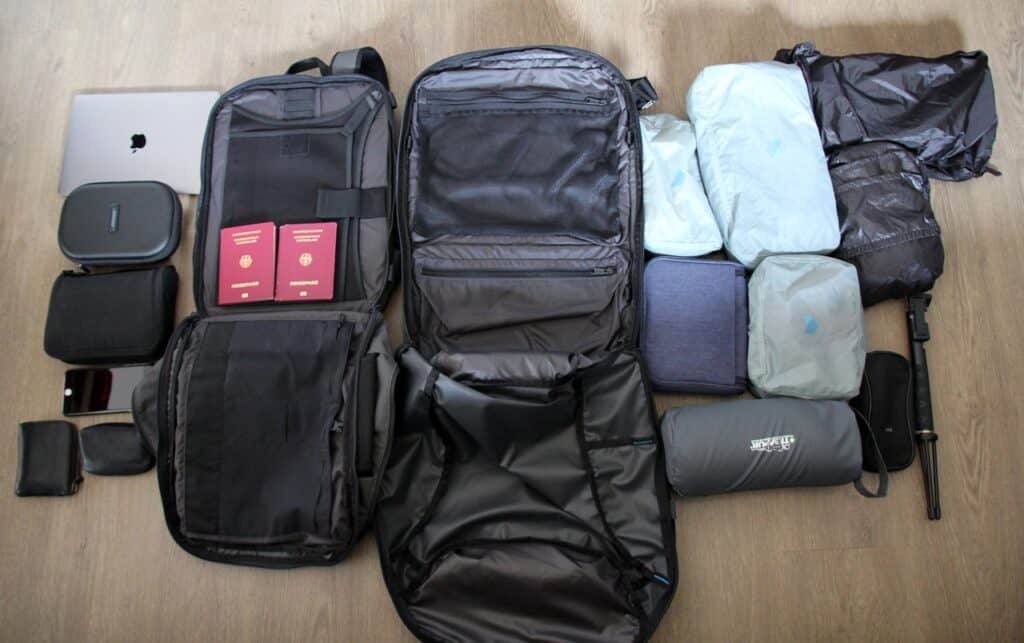
Airlines report that over 40% of boarding delays come from luggage issues, often caused by oversized carry-ons or multiple personal bags. Some boomers maintain habits from more lenient eras and try fitting large suitcases into limited overhead space. This causes slowdowns for entire rows, especially on fully booked flights averaging 150–180 passengers. Traveling lighter or gate-checking bags when requested helps keep boarding efficient for everyone.
6. Expecting Free Upgrades or Exceptions to Modern Policies
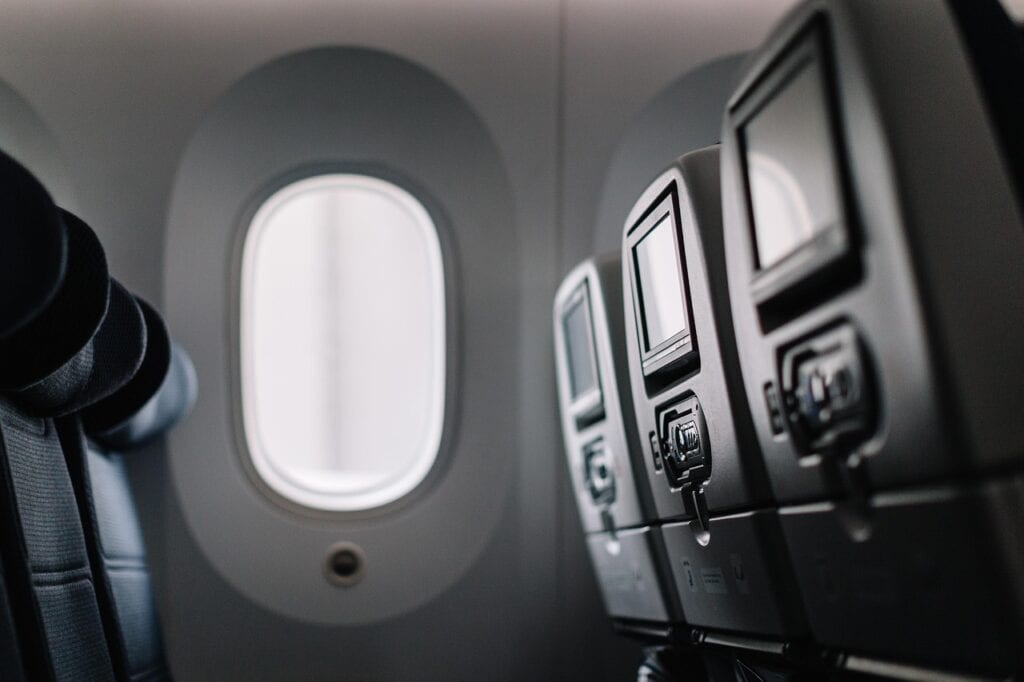
In the 1990s, upgrade rates on some airlines exceeded 20%, but today they hover near 3–5% due to stricter loyalty tiers. Some boomers still expect complimentary perks or exceptions to baggage, seating, or cancellation rules. Staff now have limited flexibility, and pressing for special treatment can feel demanding. Modern travel culture respects transparent systems, encouraging passengers to follow updated guidelines without assuming historic benefits still apply.
7. Initiating Chat With Seatmates Who Prefer Silence
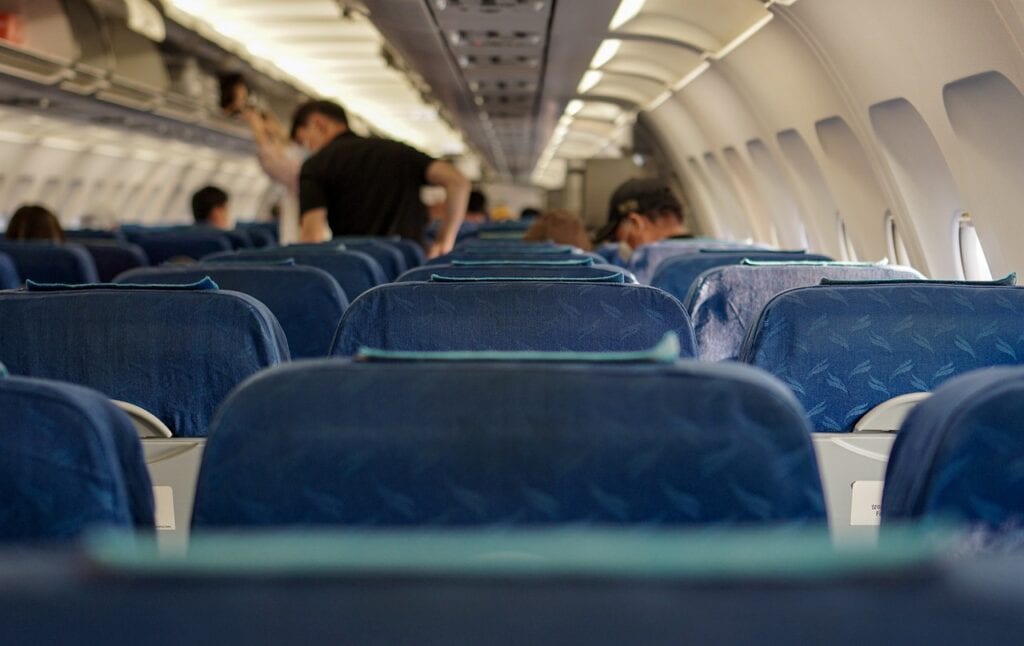
Friendly conversation used to define travel, but now 68% of younger travelers prefer minimal interaction during flights. Many use headphones, e-readers, or work devices to create personal boundaries. Boomers may interpret silence as rudeness and attempt to fill it with small talk, unaware it disrupts someone’s need for rest or privacy. Modern etiquette suggests waiting for clear signals, like someone initiating conversation before starting lengthy interactions.
8. Taking Photos of People or Spaces Without Permission

With privacy concerns rising over 60% of global travelers cite photo consent as important, snapping pictures that include strangers or staff is now considered intrusive. Some boomers still photograph freely, especially in markets or cultural sites, without realizing restrictions have tightened. Many destinations now impose fines ranging from $50 to $300for unauthorized photography. Asking first not only respects local norms but avoids unintended disrespect.
9. Overusing Resources and Ignoring Eco-Friendly Options

Hotel data shows that daily towel changes consume up to 35 liters of water per guest, while unnecessary housekeeping adds significant energy use. Boomers, accustomed to full-service norms, may still request these services daily. Younger travelers prioritize sustainability, with 74% choosing eco-friendly practices when available. Simple changes like reusing towels or limiting paper waste, align better with modern expectations and the environmental pressures faced by tourism hotspots.
10. Arriving Extremely Early and Crowding Service Counters

Some boomers arrive 3–4 hours early for flights or tours and unintentionally cluster near counters long before they open. Staff report that early crowding increases stress and disrupts orderly lines. With digital updates providing real-time timing, excessive early arrival is less necessary. In airports handling over 12,000 flights daily, organization is key, and lingering around desks before service begins can hinder workers preparing for busy shifts.
11. Complaining About Local Customs Instead of Adapting
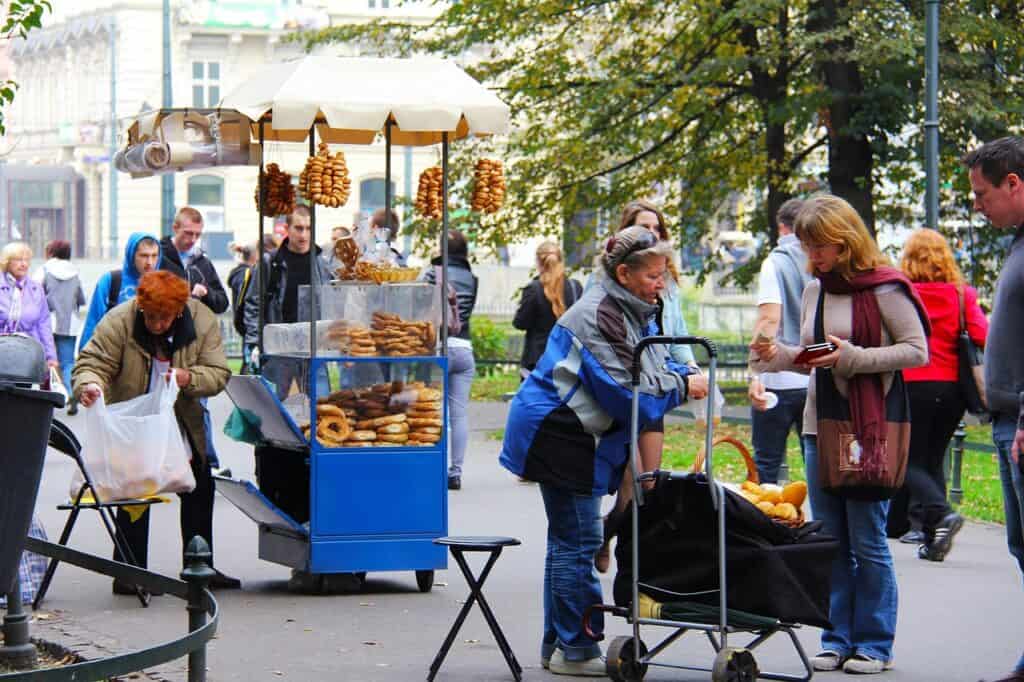
Cultural misunderstandings still account for over 30% of traveler complaints, with some boomers expressing frustration when service speeds, food styles, or etiquette differ from home. While rarely malicious, these remarks may sound dismissive to locals or other tourists. Modern travel emphasizes adaptation, encouraging visitors to appreciate slower pacing, unique customs, and varied communication styles. Embracing differences fosters smoother interactions and more respectful global tourism.